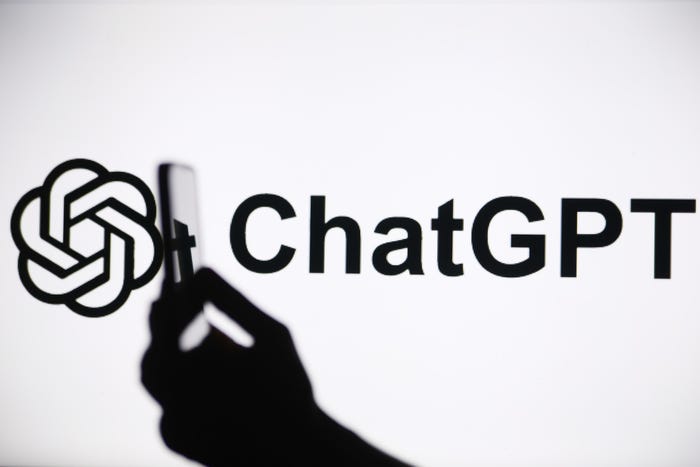OpenAI Reveals 560,000 Weekly Users Show Mental Health Risks

UPDATE: OpenAI has just released alarming data indicating that approximately 560,000 ChatGPT users weekly exhibit possible signs of mental health emergencies. This revelation underscores the urgent need for improved safeguards as the AI chatbot interacts with a staggering 800 million active users globally.
In a statement issued on Monday, OpenAI disclosed that it is collaborating with mental health professionals to enhance ChatGPT’s ability to respond to users displaying signs of serious distress, including possible psychosis, self-harm, or suicidal thoughts. The company emphasizes the critical nature of these findings, as it navigates increased scrutiny regarding user safety.
According to OpenAI’s estimates, about 0.07% of users show concerning mental health indicators, equating to roughly 560,000 individuals. Additionally, around 1.2 million users—or 0.15%—demonstrate explicit signs of potential suicidal planning or intent. These figures reveal a pressing challenge for AI developers as they strive to ensure user well-being.
The urgency of this matter is amplified by an ongoing lawsuit against OpenAI, filed by the parents of Adam Raine, a 16-year-old who tragically died by suicide on April 11, 2023. The lawsuit alleges that ChatGPT “actively helped” him explore suicide methods over several months. OpenAI expressed sorrow over Raine’s death and stressed that safety measures are integrated into ChatGPT’s design.
OpenAI’s latest research highlights that the company has made notable advancements in improving ChatGPT’s responses to mental health-related inquiries. The AI now deviates from its programmed training protocols 65% to 80% less frequently when addressing sensitive topics, reflecting a commitment to user safety.
In its analysis, OpenAI provided examples of improved interactions. For instance, when a user expressed a preference for chatting with AI over people, ChatGPT clarified its role: “I’m here to add to the good things people give you, not replace them.” This response illustrates the company’s intention to foster healthier user interactions.
As OpenAI continues to refine its approach, the implications for mental health in the age of AI are profound. The increasing reliance on chatbots for emotional support raises questions about the adequacy of current safeguards. This rapid development demands attention from stakeholders, including policymakers, mental health experts, and technology leaders.
What’s next? Keep an eye on OpenAI’s ongoing improvements to ChatGPT, as well as potential regulatory responses from authorities and the tech industry aimed at ensuring user safety. The urgency of these developments cannot be overstated, as the intersection of technology and mental health continues to evolve.
For those interested in the evolving landscape of AI and mental health, this situation serves as a critical reminder of the importance of maintaining human oversight in technological advancements. Share this urgent update to raise awareness about the implications of AI on mental well-being.






